Cleaner Shipping: Air Pollution, Climate, Technical Solutions and Regulation
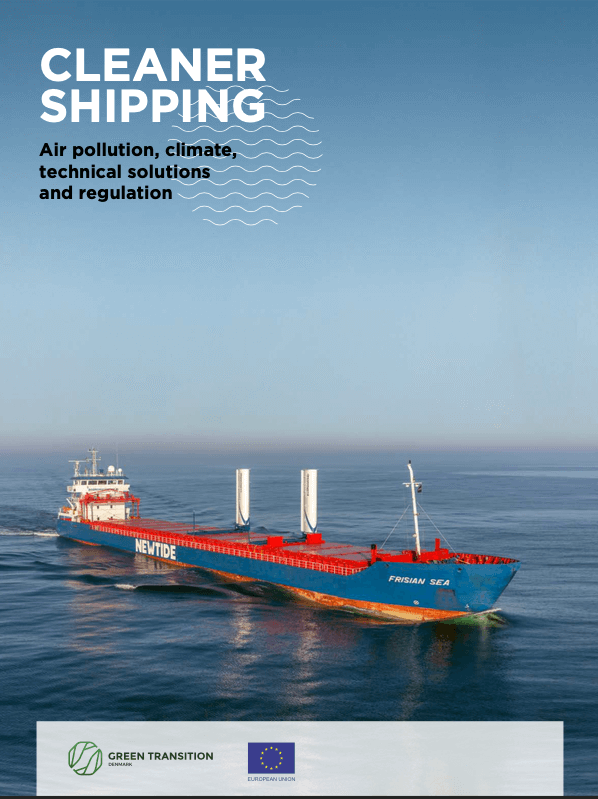
This publication focuses on air pollution with CO2, SO2, NOx and particles from shipping, technical solutions as well as existing and further regulation and enforcement. The purpose is to inform and inspire decision makers and other stake- holders to implement ambitious regulation to reduce air pollution from shipping to the benefit of the climate, public health and nature. Finally, this publication can be used for teaching.
SDC 8-14-9 – Comments on SDC 8141 and text proposal for review of the 2014 Guidelines (Austria, Belgium, Bulgaria et. al EU)
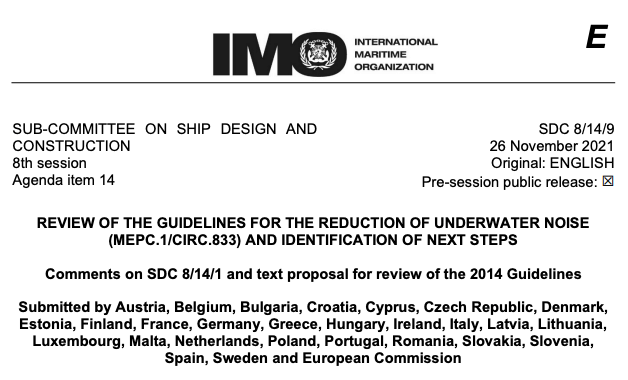
This document suggests some specific text for possible revision of the Guidelines for the reduction of underwater noise from commercial shipping to adverse impacts on marine life (MEPC.1/Circ.833). Additional text to premamble, baselining, implementation and monitoring, energy efficiency and URN, and suggests and annex to guidelines.
Business Green: IMO Climate Talks: UN shipping body takes action on black carbon, but refuses to revisit 2050 climate target
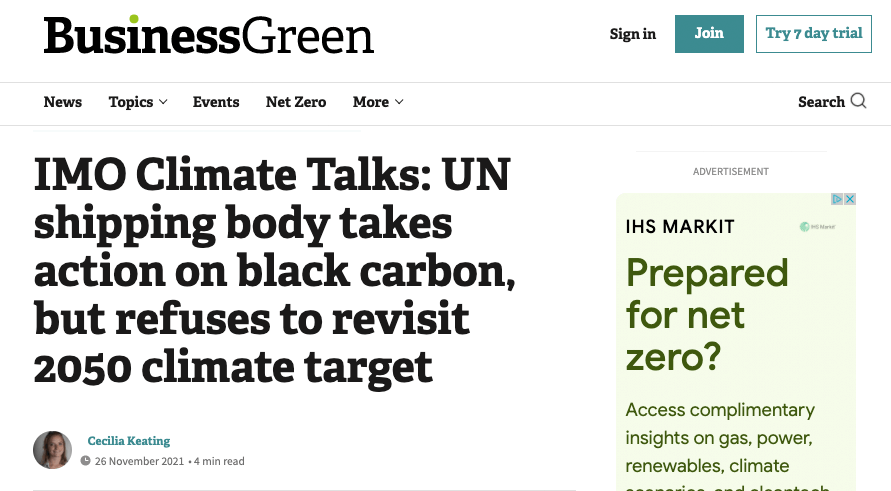
By Cecilia Keating on BusinessGreen, 26 November 2021: IMO Climate Talks: UN shipping body takes action on black carbon, but refuses to revisit 2050 climate target (Paywall, quotes Clean Arctic Alliance)
NGOs Welcome IMO Agreement to Cut Black Carbon Impacts on Arctic
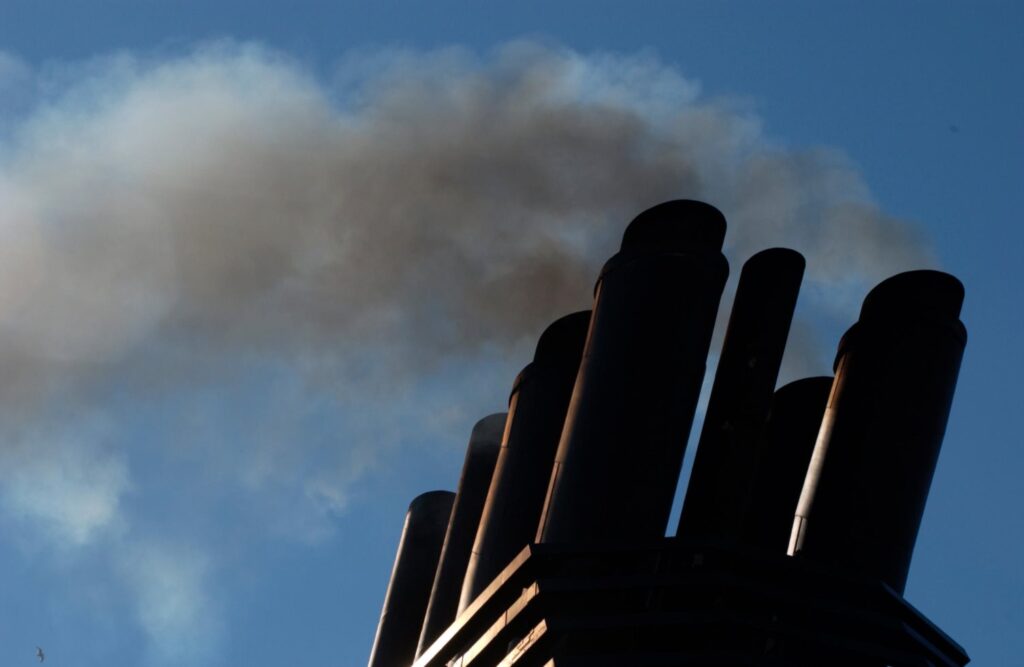
The Clean Arctic Alliance today welcomed the adoption of an International Maritime Organization (IMO) resolution to cut the climate impacts of black carbon emissions by shipping on the Arctic, but expressed disappointment in the watering down of its substance in order to reach consensus and placate a small but vocal group of opposing countries.
MEPC 77: IMO Must Rapidly Cut Emissions of Black Carbon From Shipping
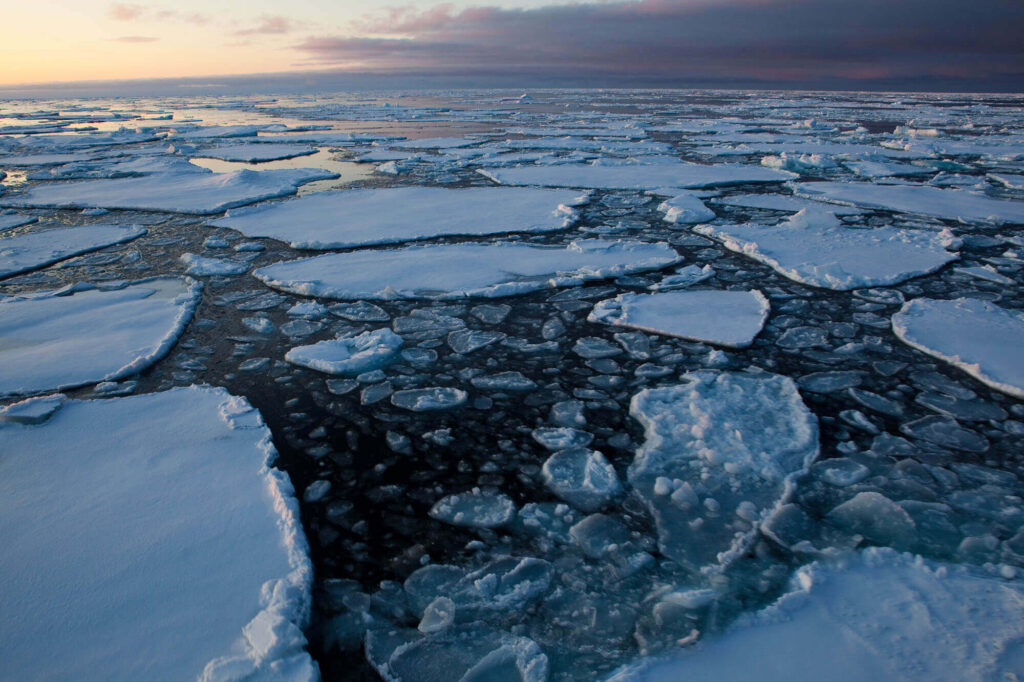
Clean Arctic Alliance calls on the IMO, its member states and international shipping to protect the Arctic by implementing a rapid decrease in emissions of black carbon from shipping in, or close to the Arctic.
NGO Statement: IMO must tackle impact of black carbon emissions on Arctic
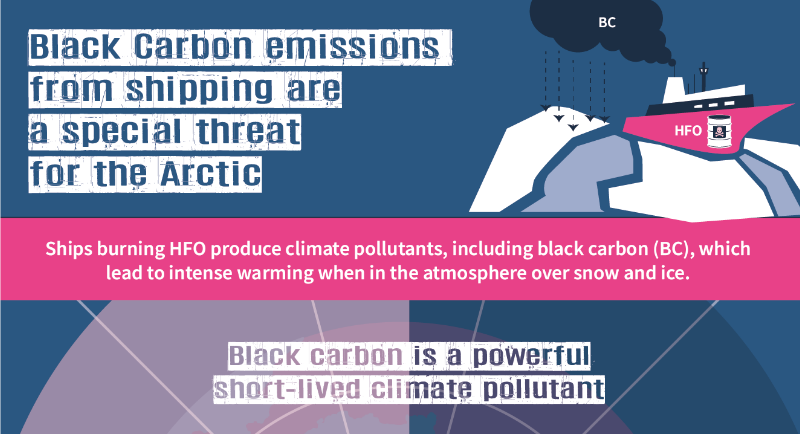
Recent IPCC reports and the developments at the COP26 Climate Summit in Glasgow are a wake-up call that the UN’s International Maritime Organization (IMO) cannot ignore. Countries must now build on their commitments to save the Paris Agreement’s 1.5° temperature goal with concrete action and halve shipping emissions by 2030 at the IMO.
Pre-MEPC 77 Briefing: Arctic Warming – How Will IMO & Shipping Industry Respond to COP26 Outcome?
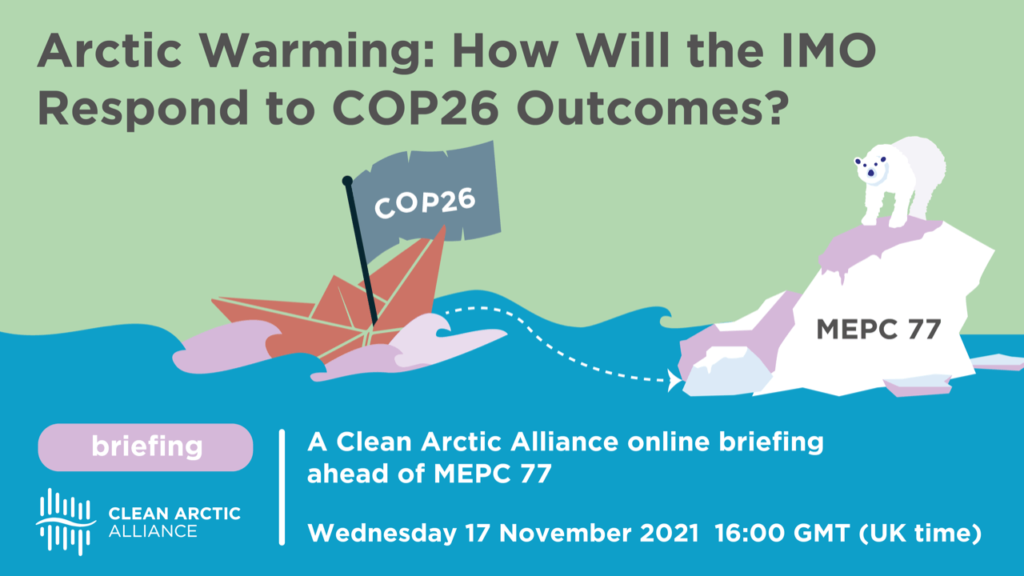
What are the implications for the IMO from COP26’s outcomes? What are the priorities for IMO member states regarding shipping’s impact on the Arctic and the world’s climate? How will the IMO react to curb black carbon and greenhouse gas emissions – both of which are on the agenda when its Marine Environment Protection Committee (MEPC 77) meets from 22-26 November.
SDC 8-14-4 – Provisional Work plan (Canada)
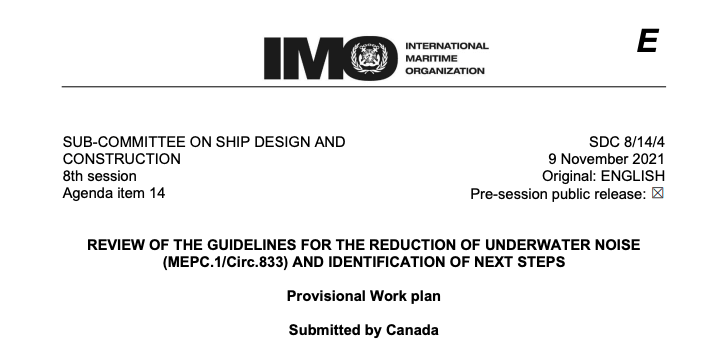
This submission proposes a strategy and provisional workplan for the Review of Guidelines for the reduction of underwater noise from commercial shipping to address adverse impacts on marine life, and the identification of next steps. The Annex has useful proposed timeline.
COP26: Stop the Melt! World Leaders Must Stick to Paris Agreement to Halt Arctic Sea Ice Loss
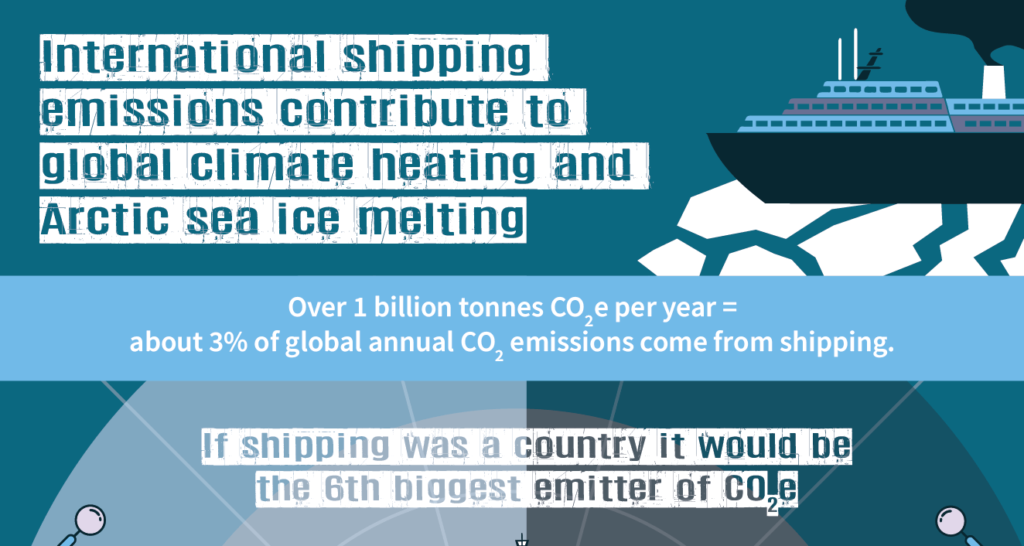
As world leaders gather for the COP26 UN climate summit in Glasgow, the Clean Arctic Alliance is calling for them to take action to preserve the crucial climate regulation ability of Arctic sea ice, by fulfilling the Paris Climate Agreement’s commitment to limit global heating to less than 1.5C.

